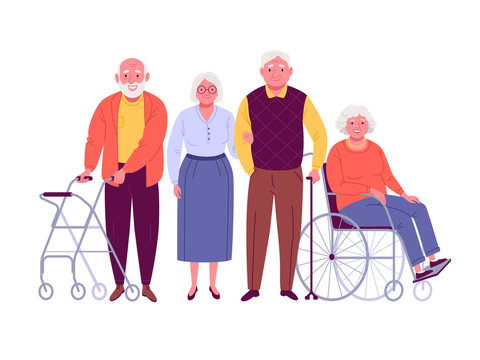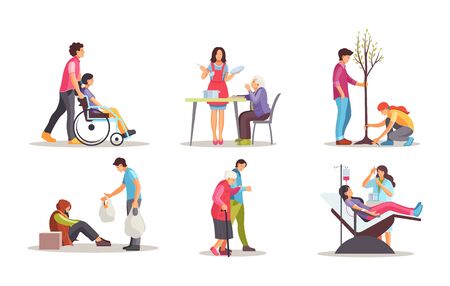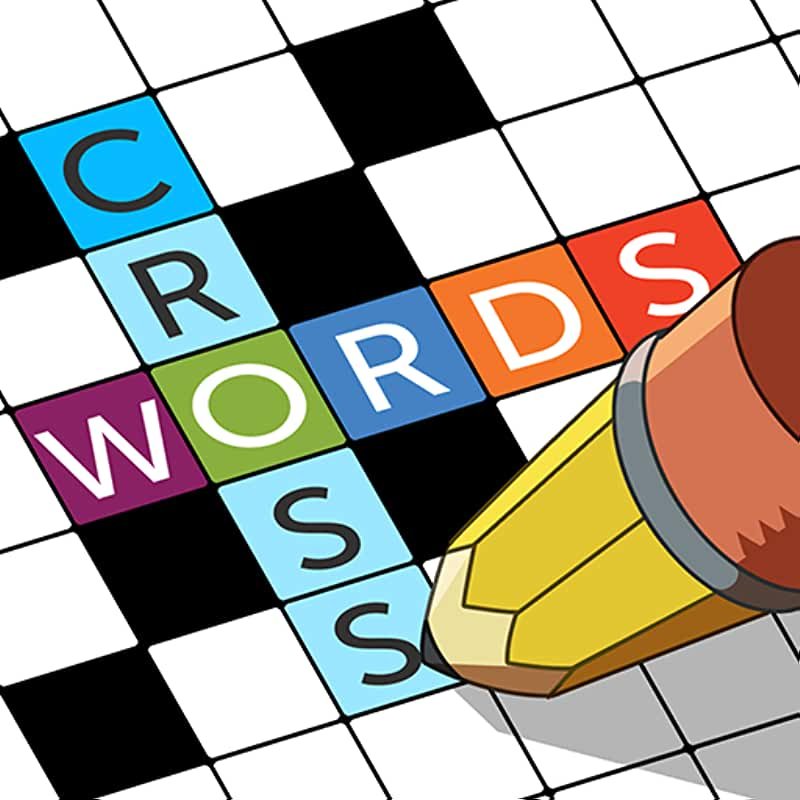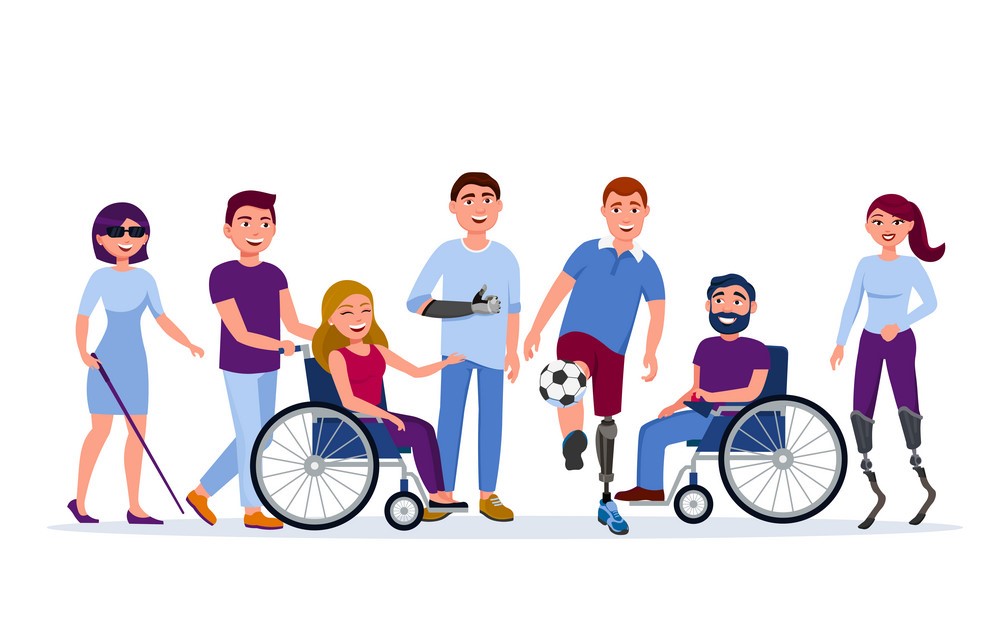Извините, данный элемент курса сейчас скрыт
Тематический план
General information
Направление подготовки: 39.03.02 Социальная работа
Форма обучения: очная
Дисциплина: Иностранный язык
Семестр: 1, 2, 3
Количество часов: 216\6 (Пр. 104 ч., СРС 94 ч.)
Кафедра: иностранных языков
Форма контроля: экзамен
Факультет: социальной работы и высшего сестринского образования
Форма занятий: практическиеТемы для изучения:
- UNIT 1. Russian system of social welfare
- UNIT 2. NHS AND PERSONAL SOCIAL SERVICES
- UNIT 3. ELDERLY AND DISABLED PEOPLE
- UNIT 4. HELP TO FAMILIES AND CHILD CARE
- UNIT 5. VOLUNTARY SOCIAL SERVICES
- UNIT 6. SOCIAL SECURITY
- UNIT 7. MAJOR REFORMS
- UNIT 8. RETIREMENT PENSION
- UNIT 9. ALLOWANCES AND BENEFITS FOR MOTHERS AND CHILDREN
- UNIT 10. BENEFITS FOR SICK AND DISABLE PEOPLE
Создатели курса: д. пед. н., доцент О. Ю. Макарова, преп. Т. И. КарачинаАннотация: Данный электронный курс предназначен для самостоятельной работы студентов бакалавриата в рамках изучения дисциплины "Иностранный язык" и может быть использован для отработки пропущенных занятий и долгов. Курс разработан на основе действующей рабочей программы по дисциплине, основан на аутентичных материалах профессиональной направленности и его содержание включает необходимые темы для формирования иноязычной профессиональной коммуникативной компетенции студентов, обучающихся по направлению подготовки 39.03.02 Социальная работа.
UNIT 1. Russian system of social welfare
Study and copy down the wordlist before you start.
Fill in the gaps, using the words from the vocabulary.
Match the words from the vocabulary with the appropriate definitions
Listen and type down what you've heard
Read and study the grammar rule.
Choose the correct form of the verb TO BE
Open the brackets and fill in the gaps with the correct forms of the verb TO BE. MIND THE TENSE
Find the mistakes in the verb forms (TO BE). Type down ONE or TWO WORDS in the gaps.
Read the text and copy down the unknown words in your paper dictionary.
Read the text and decide whether the statements are true or false.
Drag the Russian words to the appropriate blanks after their English equivalents.
Read the text fragment.
Tap or click on the antonyms to the following words:
UNIT 2. NHS AND PERSONAL SOCIAL SERVICES

Study and copy down the wordlist before you start.
Type down the word from the vocabulary list according to its definition
Fill in the gaps, using the words from the vocabulary.
Match the words from the vocabulary with the appropriate definitions
Listen and type down what you've heard
Read and study the grammar rule.
Choose the correct answer: Present Simple or Present Continuous verb
Open the brackets and fill in the gaps with verbs in Present Simple or Present Continuous.
Find the mistakes in the verb forms (Present Simple or Present Continuous). Type down ONE or TWO WORDS in the gaps.
Read the text and copy down the unknown words in your paper dictionary.
Read the text and decide whether the statements are true or false.
Drag the Russian words to the appropriate blanks after their English equivalents.
Read the text fragment.
Tap or click on the antonyms to the following words
UNIT 3. ELDERLY AND DISABLED PEOPLE

Study and copy down the wordlist before you start.
Fill in the gaps, using the words from the vocabulary.
Match the words from the vocabulary with the appropriate definitions
Listen and type down what you've heard
Read and study the grammar rule.
Choose the correct verb (Past Simple). Mind the irregular verbs.
Open the brackets and fill in the gaps with verbs in Past Simple.
Find the mistakes in the verb forms (Past Simple). Type down ONE WORD in the gaps
Read the text and copy down the unknown words in your paper dictionary.
Read the text and decide whether the statements are true or false.
Drag the Russian words to the appropriate blanks after their English equivalents.
Read the text fragment.
Tap or click on the antonyms to the following words
UNIT 4. HELP TO FAMILIES AND CHILD CARE

Study and copy down the wordlist before you start.
Type down the word from the vocabulary list
Fill in the gaps, using the words from the vocabulary.
Match the words from the vocabulary with the appropriate definitions
Listen and type down what you've heard
Read the grammar rule.
Choose the correct answer (Present Perfect)
Open the brackets and fill in the gaps with verbs in Present Perfect or Past Simple. Mind the markers.
Find the mistakes in the verb forms (Present Perfect). Type down ONE WORD in the gaps
Read the text and copy down the unknown words in your paper dictionary.
Read the text and decide whether the statements are true or false.
Drag the Russian words to the appropriate blanks after their English equivalents.
Read the text fragment.
Tap or click on antonyms to the following words
UNIT 5. VOLUNTARY SOCIAL SERVICES

Study and copy down the wordlist before you start.
Type down the word from the vocabulary list
Fill in the gaps, using the words from the vocabulary.
Match the words from the vocabulary with the appropriate definitions
Listen and type down what you've heard
Read the grammar rule.
Choose the correct answer: to-infinitive or gerund.
Match the verb with either to-infinitive or gerund.
Open the brackets and fill in the gaps with either to-infinitive or gerund.
Read the text and copy down the unknown words in your paper dictionary.
Read the text and decide whether the statements are true or false.
Drag the Russian words to the appropriate blanks after their English equivalents.
Read the text fragment.
Tap or click on antonyms to the following words
🧩 CROSSWORD PUZZLE: UNITS 1-5

Solve the crossword puzzle.
UNIT 6. SOCIAL SECURITY

Study and copy down the wordlist before you start.
Type down ONE word from the vocabulary list
Fill in the gaps, using the words from the vocabulary.
Match the words from the vocabulary with the appropriate definitions
Listen and type down what you've heard
Read the grammar rule.
Choose the correct answer.
Open the brackets and fill in the gaps.
Find the mistakes in the formulas of tenses (future simple, present continuous, be going to). Correct the mistakes and type them down (ONE WORD for a sentence) in the gaps.
Read the text and copy down the unknown words in your paper dictionary.
Read the text and decide whether the statements are true or false.
Drag the Russian words to the appropriate blanks after their English equivalents.
Read the text fragment.
Tap or click on antonyms to the following words
UNIT 7. MAJOR REFORMS

Study and copy down the wordlist before you start.
Type down the word from the vocabulary list according to the definition or picture.
Fill in the gaps, using the words from the vocabulary.
Match the words from the vocabulary with the appropriate definitions
Read the grammar rule.
Choose the correct answer.
Open the brackets and fill in the gaps with the correct forms of the verb: Active or Passive voice.
Use Present, Past or Future Simple only.
Find the mistakes in the sentence (Active or Passive voice). Correct the mistakes and type them down (ONE WORD or TWO WORDS for a sentence) in the gaps
Read the text and copy down the unknown words in your paper dictionary.
Read the text and decide whether the statements are true or false.
Drag the Russian words to the appropriate blanks after their English equivalents.
Read the text fragment.
Tap or click on antonyms to the following words
UNIT 8. RETIREMENT PENSION

Study and copy down the wordlist before you start.
Type down the word from the vocabulary list according to its definition or picture
Fill in the gaps, using the words from the vocabulary.
Match the words from the vocabulary with the appropriate definitions
Listen and type down what you've heard
Read and study the grammar rule.
Choose the correct translation of the sentences
Fill in the gaps using the appropriate modal verbs. Use must, don’t have to, might, should, must have, mustn’t, can’t have and shouldn’t.
Find the mistakes in the sentences. Type ONE or TWO words in the gaps.
Read the text and copy down the unknown words in your paper dictionary.
Read the text and decide whether the statements are true or false.
Drag the Russian words to the appropriate blanks after their English equivalents.
Read the text fragment.
Tap or click on the antonyms to the following words:
UNIT 9. ALLOWANCES AND BENEFITS FOR MOTHERS AND CHILDREN

Study and copy down the wordlist before you start.
Fill in the gaps, using the words from the vocabulary.
Match the words from the vocabulary with the appropriate definitions
Listen and type down what you've heard
Read and study the grammar rule.
Choose the correct form of the verb
Open the brackets and fill in the gaps with the correct forms of the verb. Mind Complex object.
Find the mistakes in the sentence (Complex object) Correct the mistakes and type them down (ONE WORD or TWO WORDS for a sentence) in the gaps
Read the text and copy down the unknown words in your paper dictionary.
Read the text and decide whether the statements are true or false.
Drag the Russian words to the appropriate blanks after their English equivalents.
Read the text fragment.
Tap or click on the antonyms to the following words:
UNIT 10. BENEFITS FOR SICK AND DISABLED PEOPLE

Study and copy down the wordlist before you start.
Fill in the gaps, using the words from the vocabulary.
Match the words from the vocabulary with the appropriate definitions
Listen and type down what you've heard
Read and study the grammar rule.
Choose the correct translation of the sentences
Rephrase the sentences using the suggested word and considering Complex Subject.
Find the mistakes in the sentence (Complex subject). Correct the mistakes and type them down (ONE WORD or TWO WORDS for a sentence) in the gaps
Read the text and copy down the unknown words in your paper dictionary.
Read the text and decide whether the statements are true or false.
Drag the Russian words to the appropriate blanks after their English equivalents.
Read the text fragment.
Tap or click on the antonyms to the following words:
🧩 CROSSWORD PUZZLE: UNITS 6-10

Solve the crossword puzzle.
🔸 Тесты для оценки остаточных знаний: Иностранный язык

